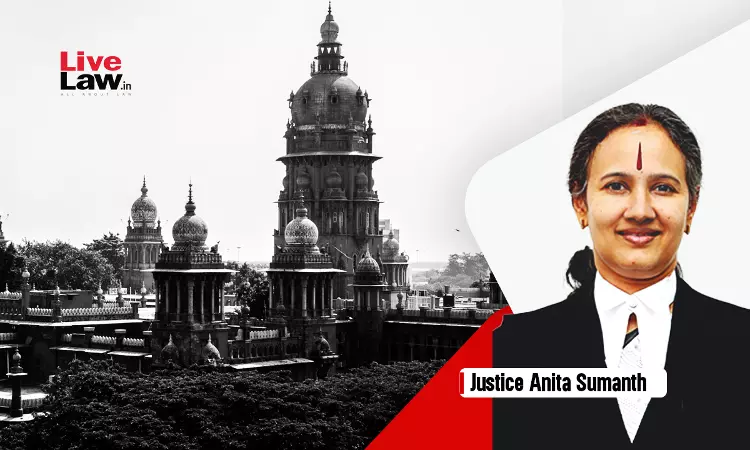Origins of Caste System As We Know Today Are Less Than A Century Old: Madras High Court
Upasana Sajeev
7 March 2024 12:53 PM IST

Next Story
7 March 2024 12:53 PM IST
Update on March 9 - Madras High Court Removes Observation In Judgment That Origin Of Caste System Is Less Than A Century OldWhile making strong criticism against TN Minister Udayanidhi Stalin, Minister Sekar Babu and MP A Raja for their recent remarks against the Sanatana Dharma, the Madras High Court observed that Sanatana Dharma connotes an uplifting, noble, and virtuous code of conduct....
